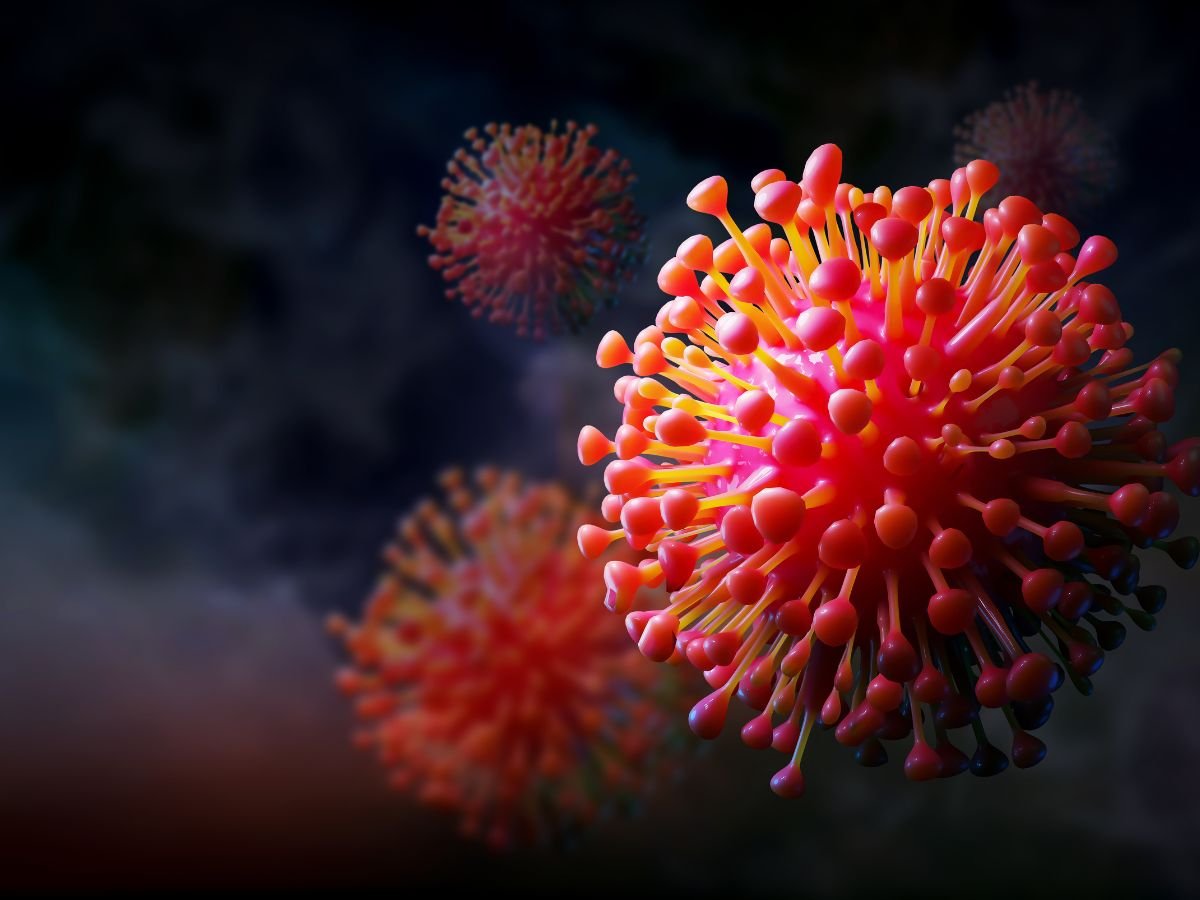New Delhi, 23 May 2025: As of May 2025, India is witnessing a resurgence in COVID-19 cases, particularly in metropolitan areas like Mumbai, Chennai, and Ahmedabad. This uptick is attributed to the emergence of new Omicron subvariants, notably JN.1 and its descendants LF.7 and NB.1.8. While the overall case numbers remain relatively low, health authorities are emphasizing vigilance and preparedness.
Current COVID-19 Landscape in India
As of May 19, 2025, India reported 257 active COVID-19 cases, with Kerala, Maharashtra, and Tamil Nadu accounting for the majority. Mumbai alone has seen a significant increase, reporting nearly 100 new infections. This rise coincides with similar surges in parts of Asia, including Hong Kong and Singapore.
Health experts attribute this resurgence to several factors:
Emergence of New Variants: The JN.1 variant, a descendant of the Omicron BA.2.86 lineage, is spreading rapidly. Although classified as a “variant of interest” by the World Health Organization, it is not currently considered a “variant of concern.”
Waning Immunity: Immunity from previous infections or vaccinations may diminish over time, making individuals susceptible to reinfection.
Increased Mobility: With the easing of restrictions, increased travel and social interactions contribute to the spread.
Understanding Reinfection Risks
Reinfection with SARS-CoV-2 is possible, especially with the emergence of new variants. A systematic review indicates a pooled cumulative incidence of reinfections at 3.35%.
High-Risk Groups for Reinfection:
Elderly Individuals: Age-related decline in immune function increases susceptibility.
People with Comorbidities: Conditions like diabetes, hypertension, and obesity elevate risk.
Healthcare Workers: Due to higher exposure, healthcare professionals are at increased risk.
Unvaccinated or Partially Vaccinated Individuals: Incomplete vaccination schedules may not provide adequate protection.
Individuals with Compromised Immunity: Those undergoing treatments like chemotherapy or with conditions like HIV/AIDS are more vulnerable.
Symptoms of the JN.1 Variant
The JN.1 variant presents symptoms similar to previous strains but may also include:
Fever
Sore throat
Cough
Loss of taste or smell
Fatigue
Gastrointestinal issues
Most cases are mild, and hospitalization rates remain low.
While the current rise in COVID-19 cases in India is not cause for panic, it underscores the importance of continued vigilance. Understanding the risks associated with reinfection, especially among vulnerable populations, is crucial. Adhering to preventive measures and staying informed can help mitigate the impact of this resurgence.







